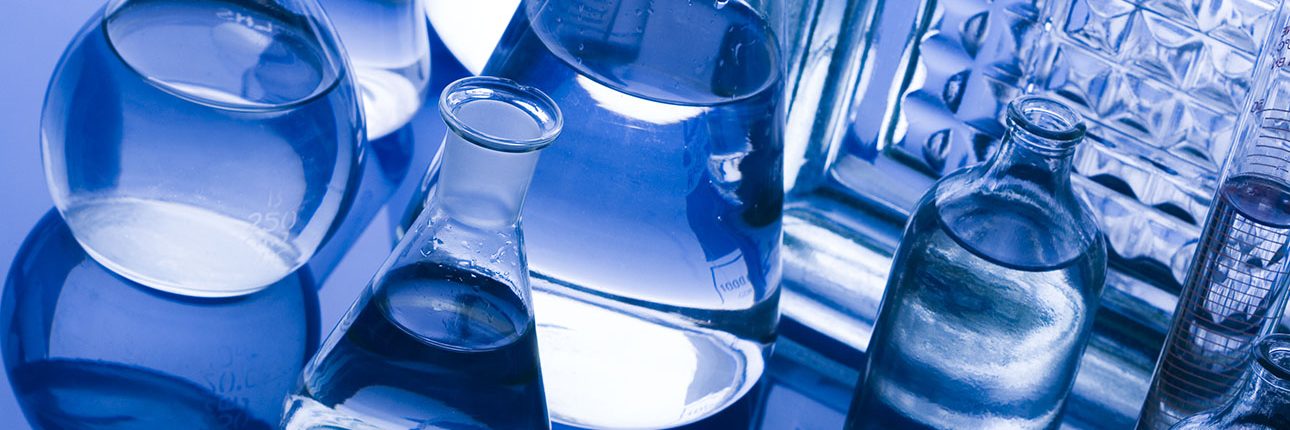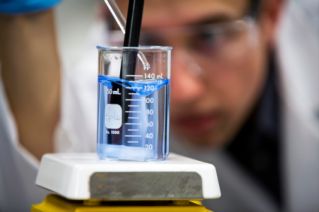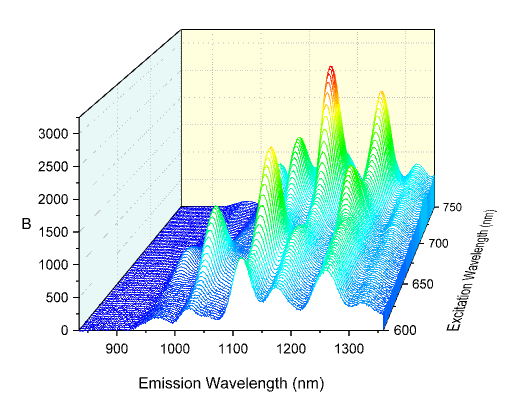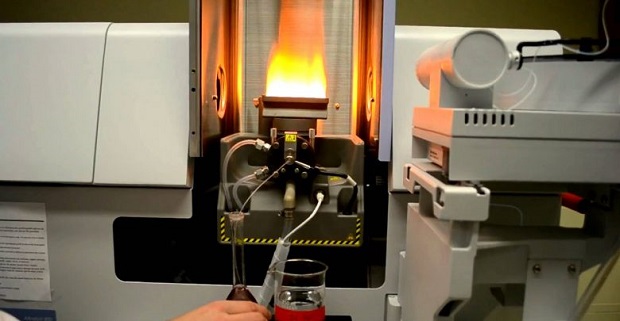

Introduce concepts of water quality to water professionals. Build a comprehensive awareness of the physical, chemical and biological characteristics of various water systems. Learn ways to improve water quality through management and control of chemically, physically and biologically polluted waters. Learn up-to-date knowledge and skills on significant of water analysis and quality control techniques included evaluation and analysis of laboratory data results.
This course is designed for Supervisors, chemists and technicians responsible for water quality in plants.
This interactive training course includes the following training methodologies as a percentage of the total tuition hours:
The course instructor may modify the above training methodology before or during the course for technical reasons with no prior notice to participants.
BTS certificate will be issued to all attendees completing all of the total tuition hours of the course.
| Code | Date | Venue | Fees | Register |
|---|---|---|---|---|
| LAB162-01 | 03-05-2026 | Cairo | USD 5450 | |
| LAB162-02 | 26-07-2026 | Dubai | USD 5450 | |
| LAB162-03 | 20-09-2026 | Amman | USD 5450 | |
| LAB162-04 | 20-12-2026 | Dubai | USD 5450 |

The course provides a framework and knowledge of the issues, aspects and principles in water quality management. Good quality water is necessary for domestic, environmental, industrial, recreational a ...

Since the scientist have needed to know the identity and quantity of the materials with which they are working. Consequently, the development of chemical and physical analysis parallels the developmen ...

The absorption of radiation by a sample of atomic particles, created by vaporizing the sample, represents a relatively simple spectral situation that has great practical value for elemental identifica ...
 OPERATION, CALIBRATION, TROUBLESHOOTING AND PRACTICE MAINTENANCE.jpg)
The purpose of this course is to provide advanced training in liquid chromatography techniques and demonstrate their application in practical industry and laboratory problems. The course covers: major ...
Providing services with a high quality that are satisfying the requirements
Appling the specifications and legalizations to ensure the quality of service.
Best utilization of resources for continually improving the business activities.
BTS keen to selects highly technical instructors based on professional field experience
Since BTS was established, it considered a training partner for world class oil & gas institution
1st floor, Incubator Buildingو Masdar City, Abu Dhabi, UAE
Sun to Fri 09:00 AM to 06:00 PM
Contact Us anytime!
Request Info